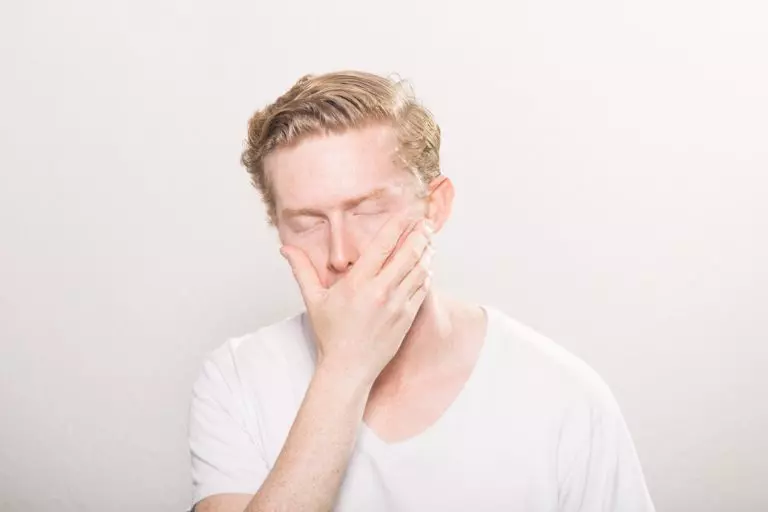(Brand names: Sinemet, Syndopa, Syndopa plus, Syndopa CR, Tidomet etc)
Levodopa is the MOST POWERFUL, POSSIBLY BEST medication for Parkinson’s disease.
If Parkinson’s was a jungle, Levodopa would be an Elephant. It is the Optimus Prime of Transformers, the Mount Everest of mountains… I could go on…

How does levodopa work?
In a very simple fashion! Levodopa travels inside the brain, and is converted into Dopamine! As described here, low levels of dopamine in the brain is the main problem in Parkinson’s disease. So, levodopa directly addresses the basic problem.

Use/Advantages:
- It is one of the strongest medications for Parkinson’s disease. It has a very marked effect on relieving the movement and many of the non-movement problems associated with Parkinson’s disease.
Disadvantages / Side-effects of levodopa:
- Absorption:

Ideally, levodopa should be taken on an empty stomach. You should not eat at least 30 minutes (and if possible one hour) before and after taking levodopa. It is mainly protein in the food that hampers the absorption of levodopa. But, you should drink a glass of water with each dose to help the tablet dissolve.
- Logistics: Levodopa needs to be taken multiple times in a day. In the initial stages, it has to be taken 3 times a day, but in the later stages, it may need to be taken 5 or more times per day. It is sometimes difficult to remember to take each dose on time!

- Nasuea: Some patients complain of nausea after taking levodopa. Carbidopa, which is always given with levodopa, does decrease nausea somewhat.

Usually, levodopa should be taken on an empty stomach because food decreases its absorption. But If the nausea is so very severe, then taking levodopa with a small piece of bread can be permitted. It is mainly protein that hampers the absorption of levodopa, and bread does not contain a lot of protein. Sometimes, your doctor may prescribe medications such as domperidone for this problem.
- Lightheadedness: Some people may complain that when they take levodopa, they feel lightheaded. This feeling usually goes away. Sometimes, it is caused by a drop in blood pressure when standing up. In this case, drinking enough water (7-8 glasses/day if okay with your cardiologist/nephrologist), and getting up gradually helps a lot.
This often is worst in the morning or night. When you get up from bed in the morning, first sit by the side of the bed for some time. Then stand up gradually and stand by the side of the bed for some time. And only after you spend some time standing and feel stable, start walking (after 30 seconds – 1 minute).

Rarely, medications (e.g. fludrocortisone or Pyridostigmine) may need to be given for this problem. Fludrocortisone increases the amount of fluid in the body. No one completely understands how Pyridostigmine works in this scenario. But it is a safe and very effective medication to prevent this kind of drop in blood pressure.
- “Dyskinesias”: Earlier, some doctors used to believe that levodopa should be avoided in very early Parkinson’s disease. They were concerned that the early use of levodopa leads to the early development of abnormal movements called dyskinesias. However, most recent research shows that this is not a very valid concern. These movements are now believed to be due to the disease itself, rather than any particular medication. In very young patients, below 45 years of age, it may be reasonable to consider using drugs other than levodopa because of this concern.

- Other side-effects: Since this book cannot be comprehensive, it is impossible to cover all side effects here. However, some patients report disturbed sleep etc. with levodopa – if you have any of these relatively rare side-effects you should make sure to talk about them with your doctor.
Bottom-line:
Since it is a potent, safe medication with minimal side-effects, levodopa is the most frequently prescribed medication for Parkinson’s disease.
Caution: This information is not a substitute for professional care. Do not change your medications/treatment without your doctor’s permission.
